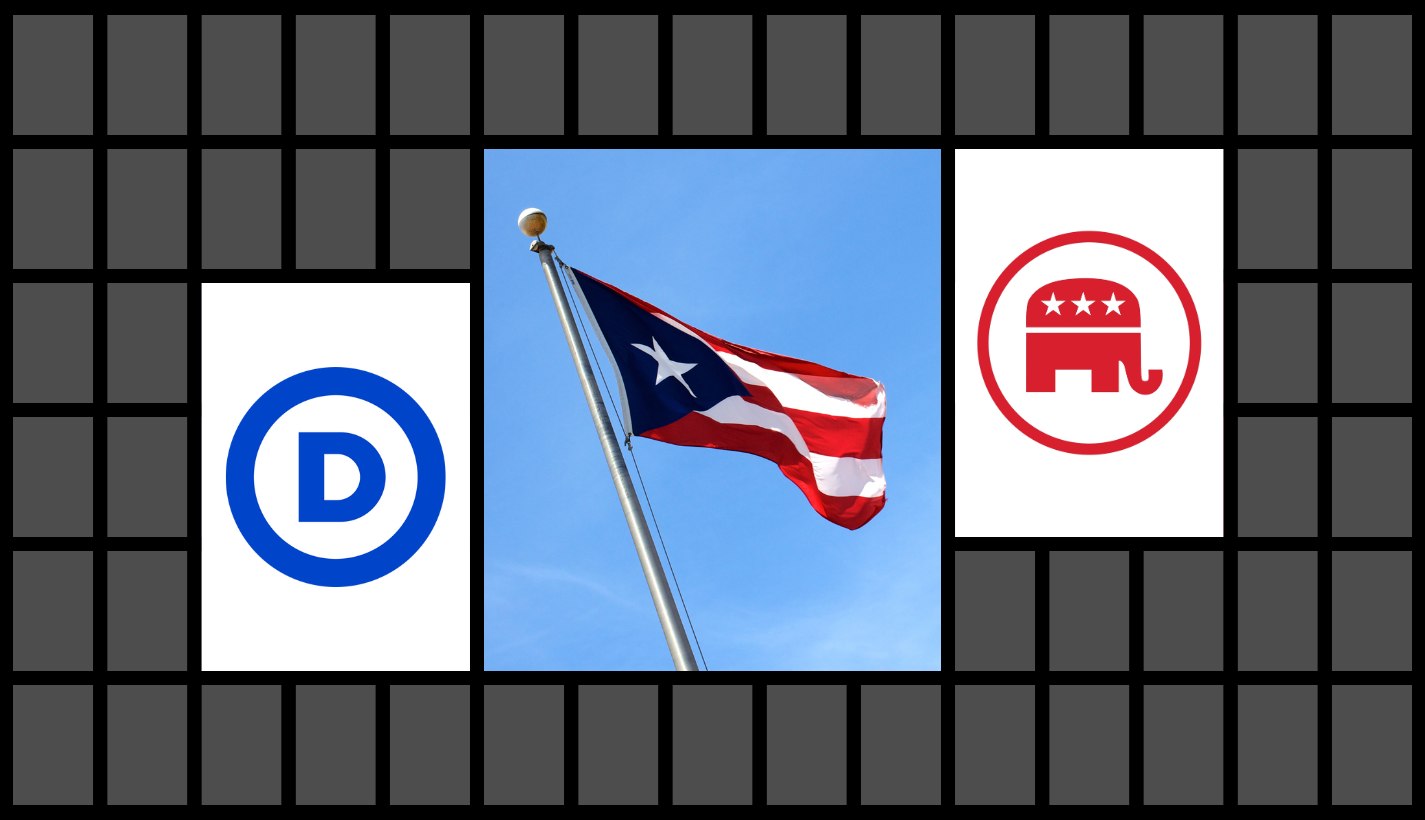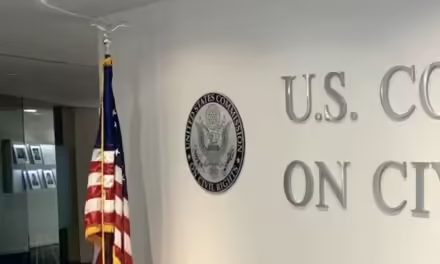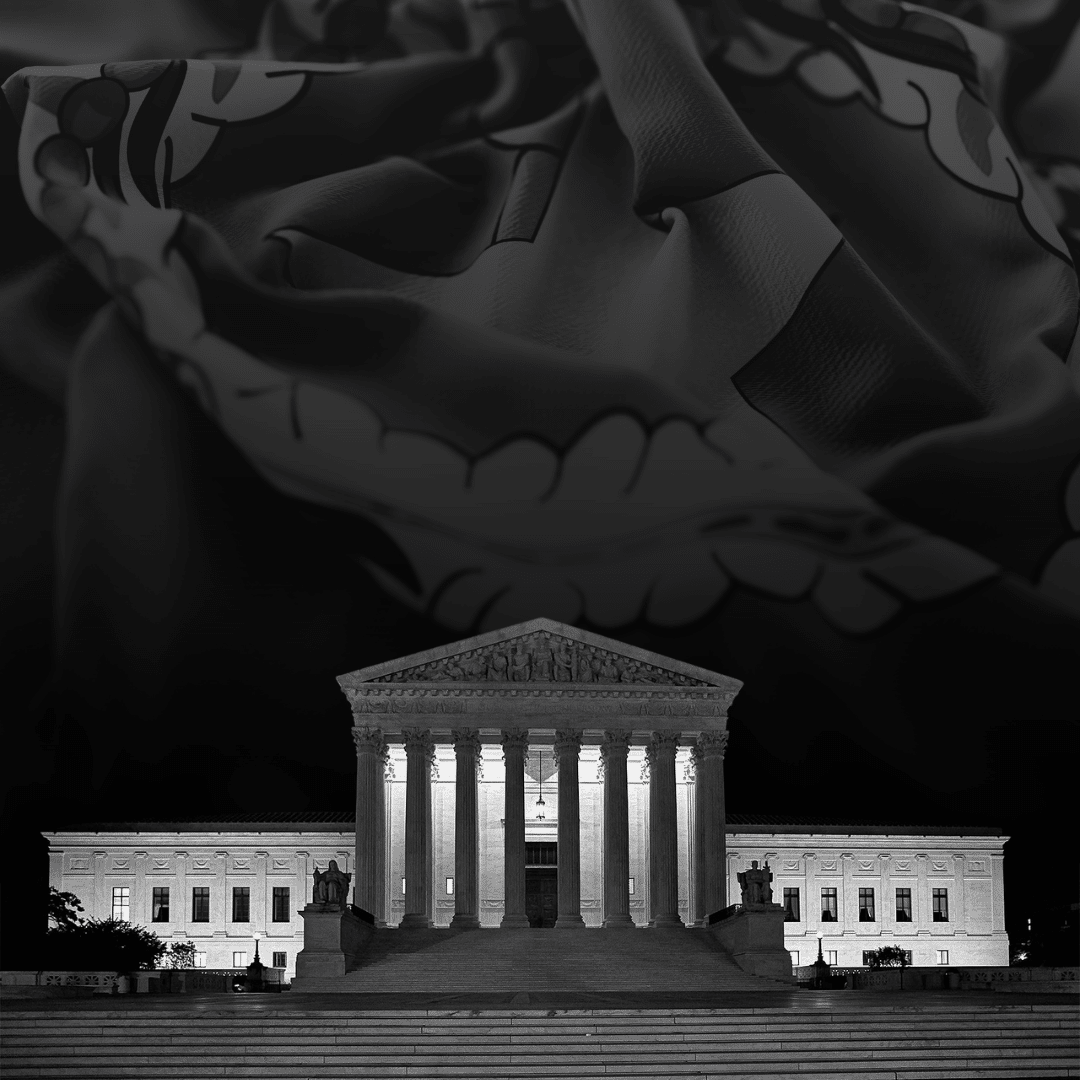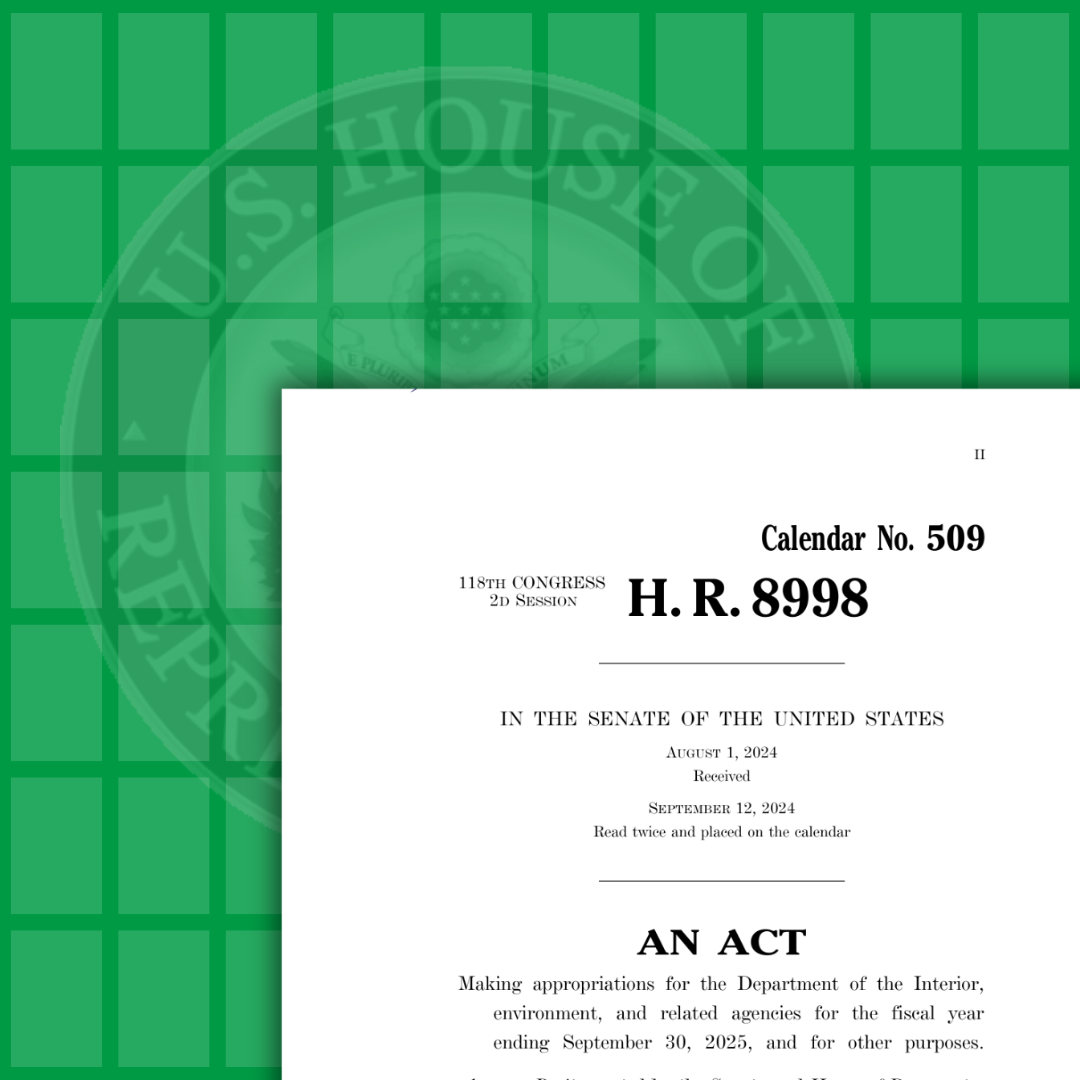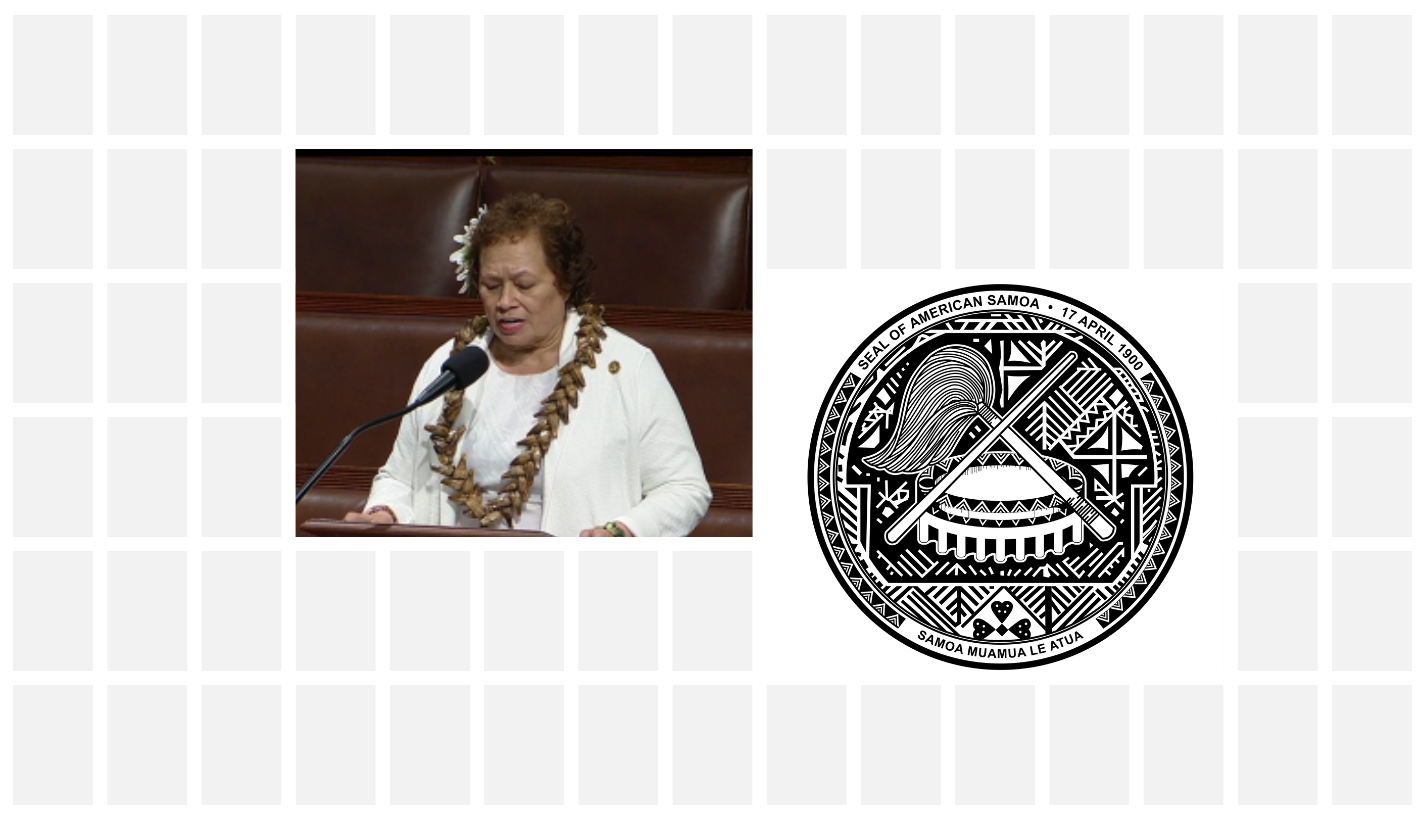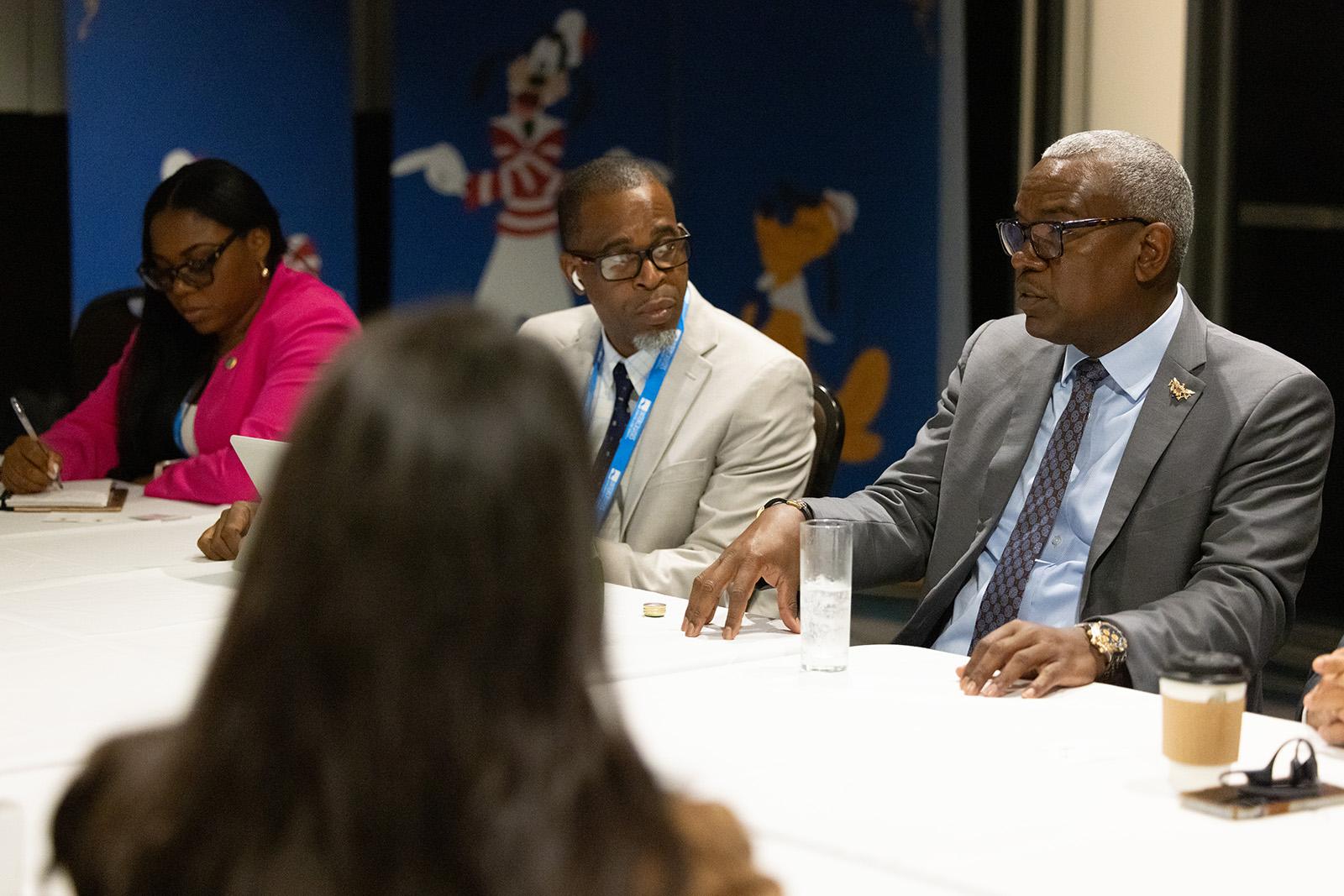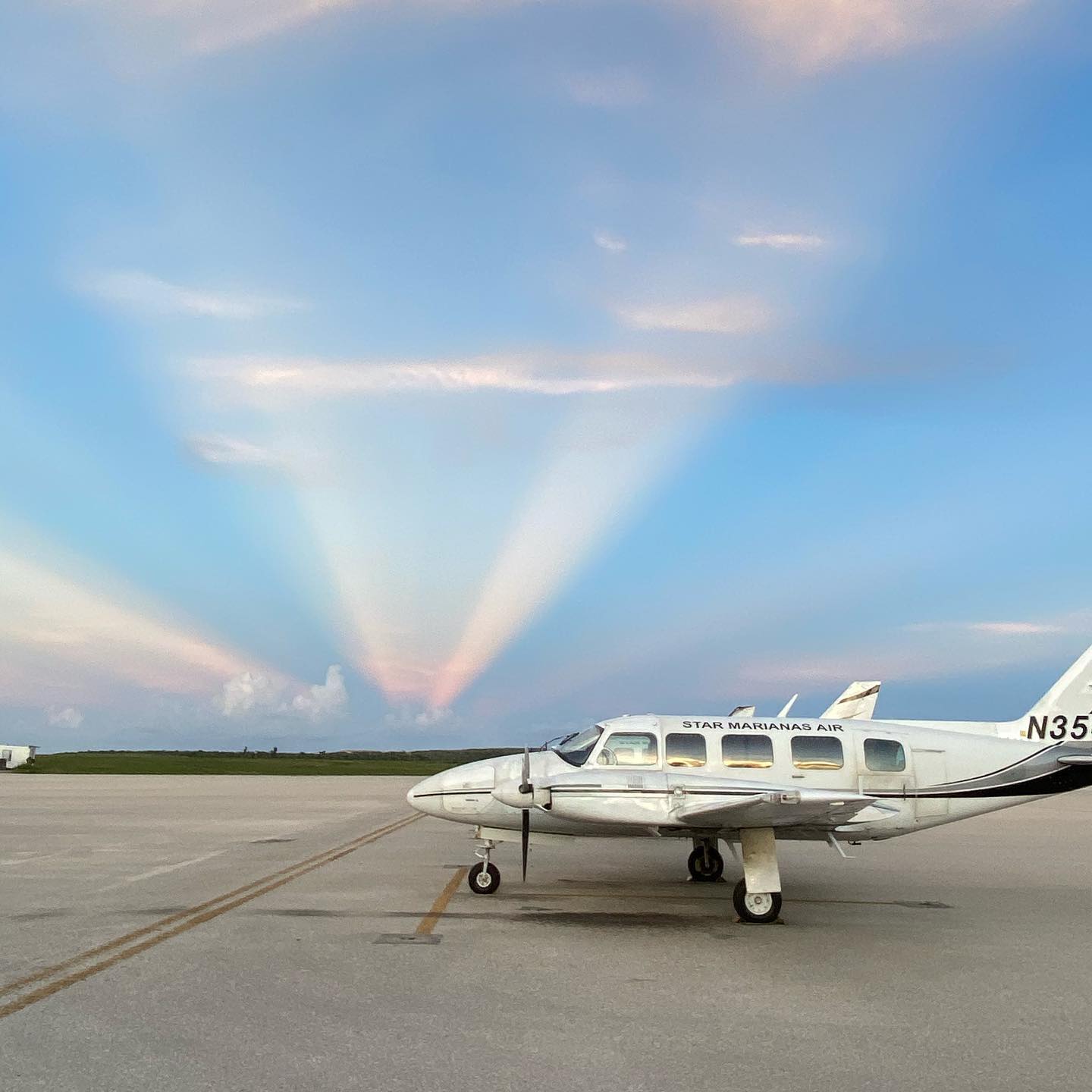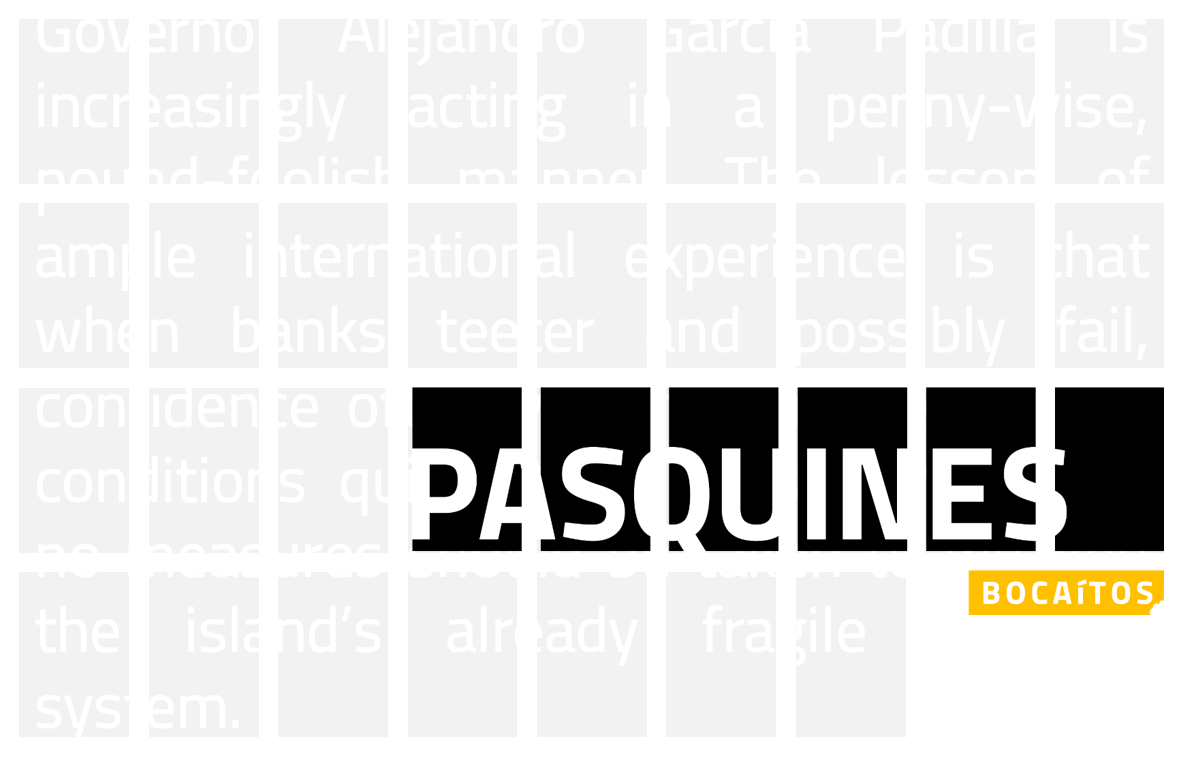Puerto Rico’s status issue finally had its day in court as the Supreme Court of the United States held its hearing on the Commonwealth of Puerto Rico v. Luis M. Sanchez Valle, et al. case. At issue, is whether Puerto Rico possesses its own sovereignty, which would allow it to evade the effects of the double jeopardy clause of the United States Constitution. The implications of the case go far beyond prosecution and could have significant political and practical consequences for Puerto Rico, particularly for the Popular Democratic Party.
A majority of justices appeared to side with the Obama administration, which argued that as a territory of the United States, Puerto Rico cannot try two gun dealers after federal courts have acted. “Congress is the one who makes the rules,” said Nicole Saharsky, an assistant solicitor general, during oral arguments.
But at least two justices vehemently rejected that argument, contending that Puerto Rico’s Constitution — blessed by the U.S. government — gives its people autonomy to govern themselves. To rule otherwise, they said, would relegate the commonwealth to a lesser territorial status such as Guam, American Samoa and the Virgin Islands.
This is but one of the two cases the Supreme Court will hear about Puerto Rico, both of which have significant ties to the status issue. We will not have a decision until April at least, but when we do, it will mark a significant point in the US Territory’s history.

